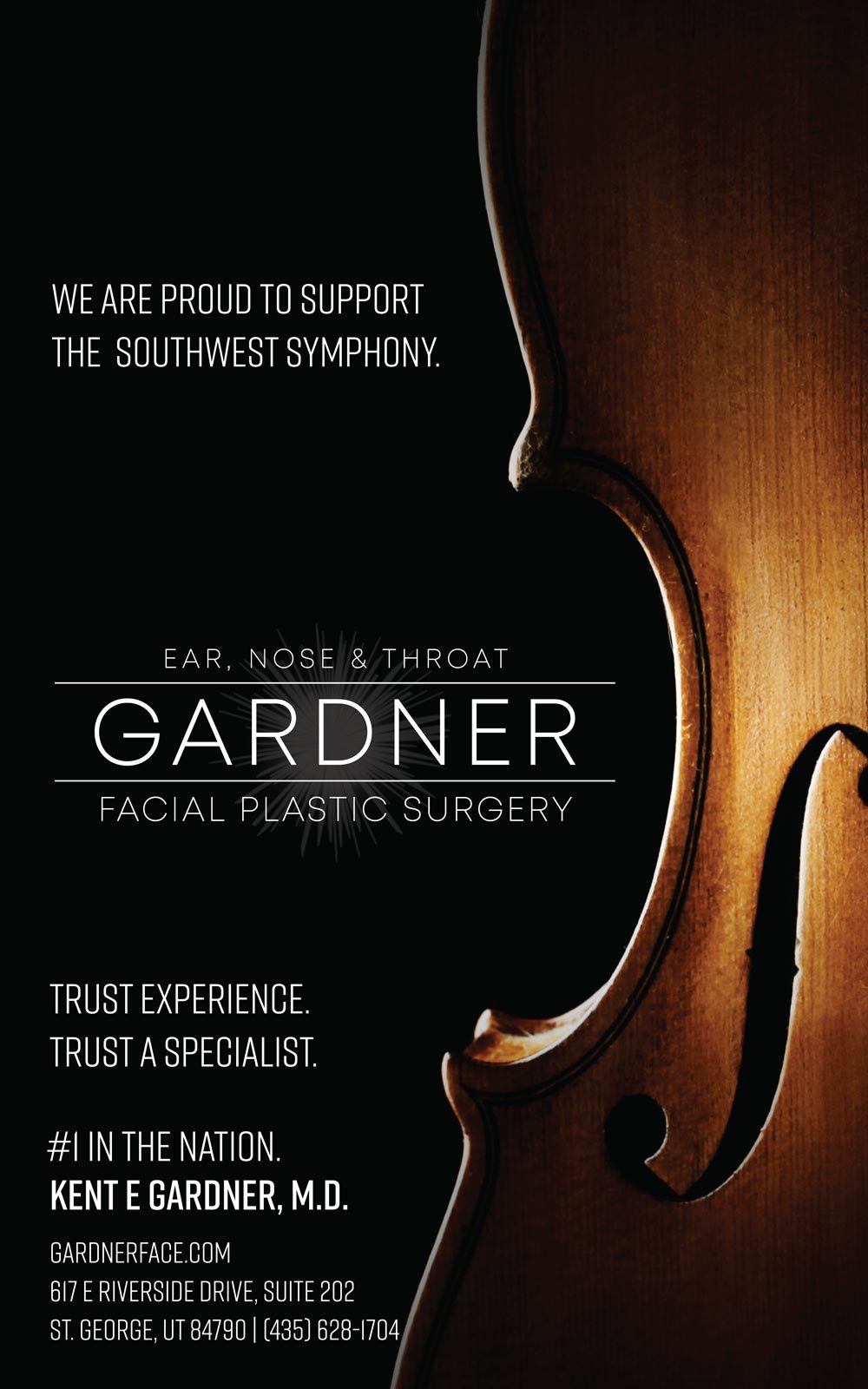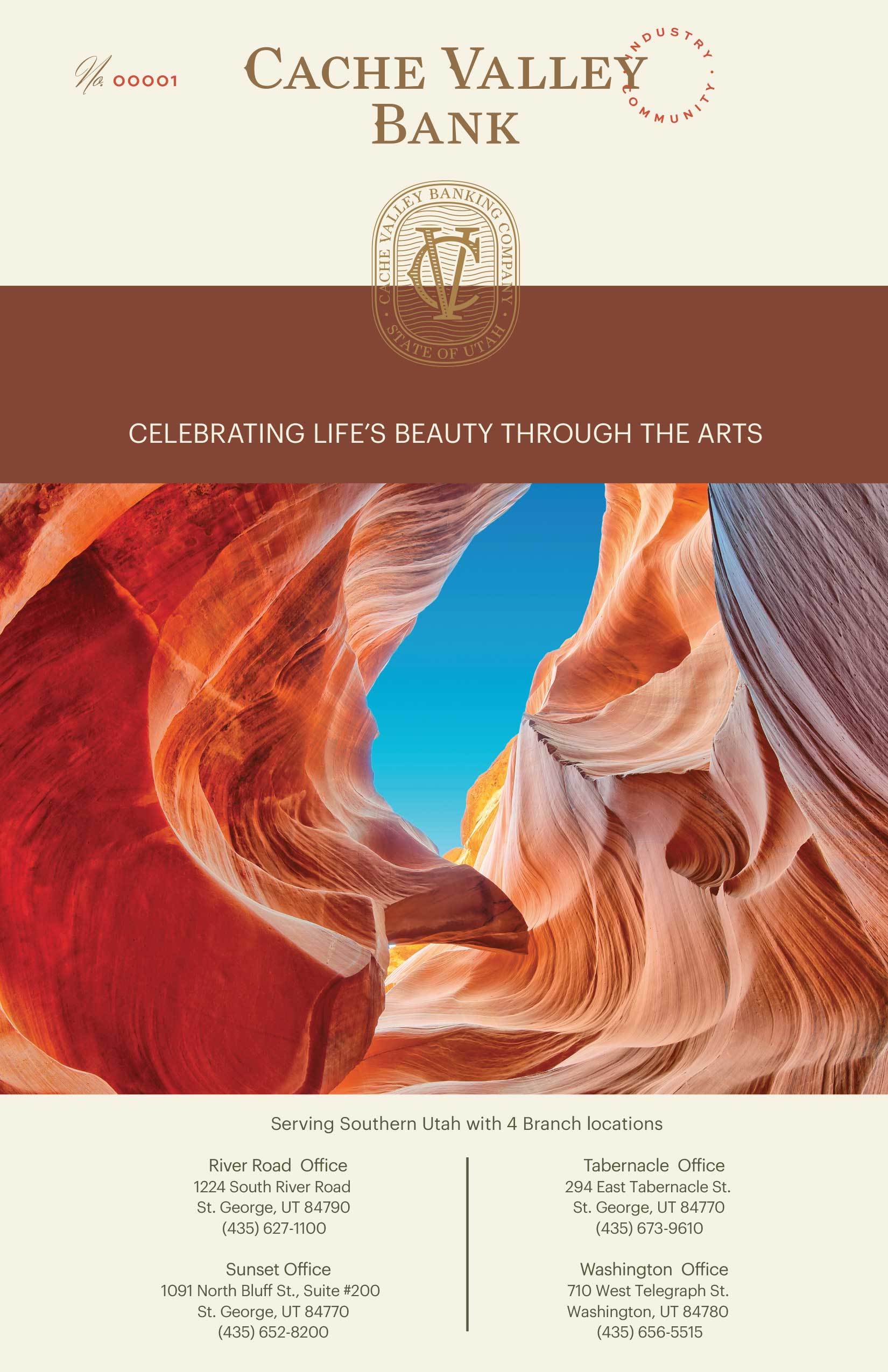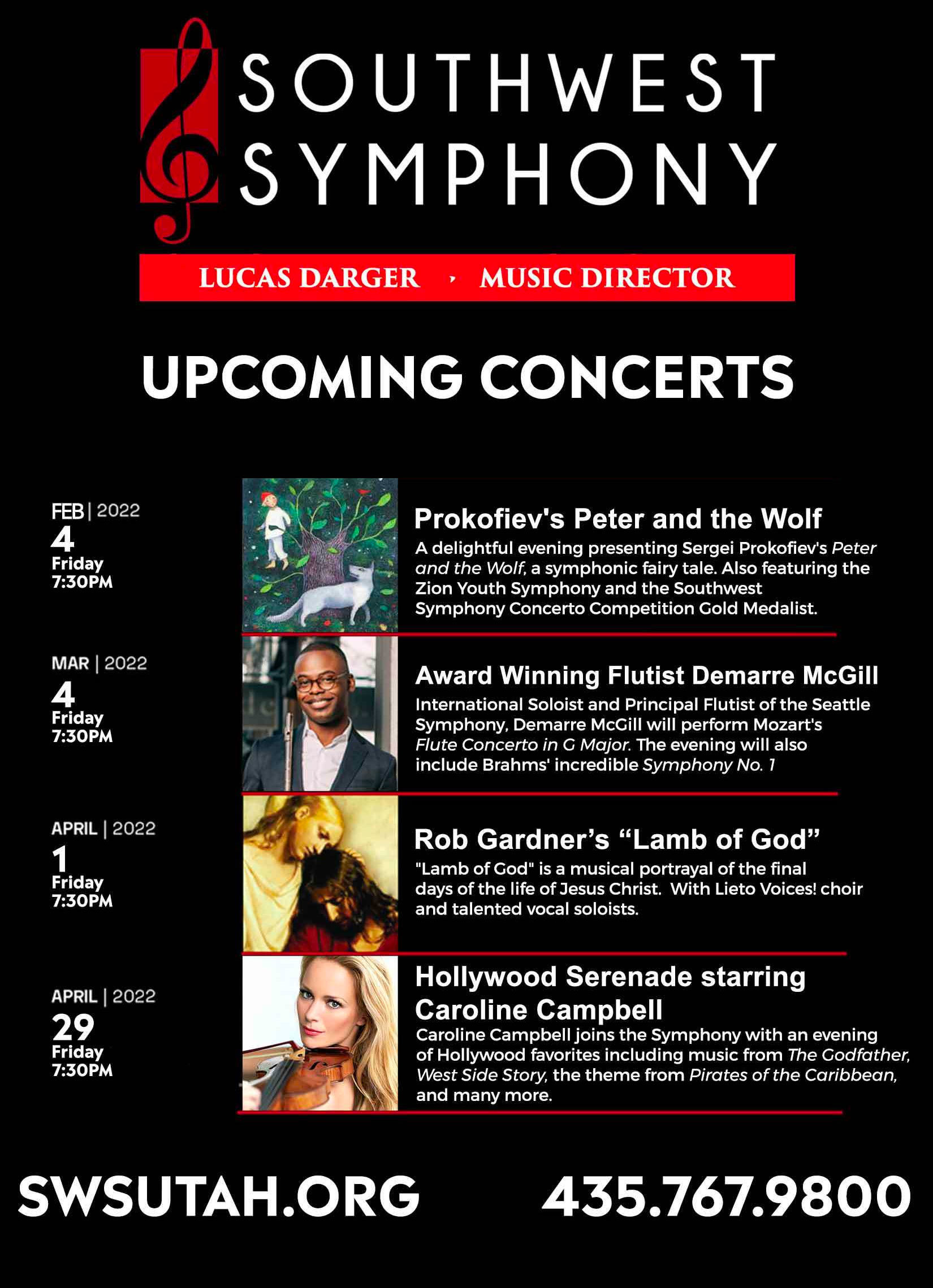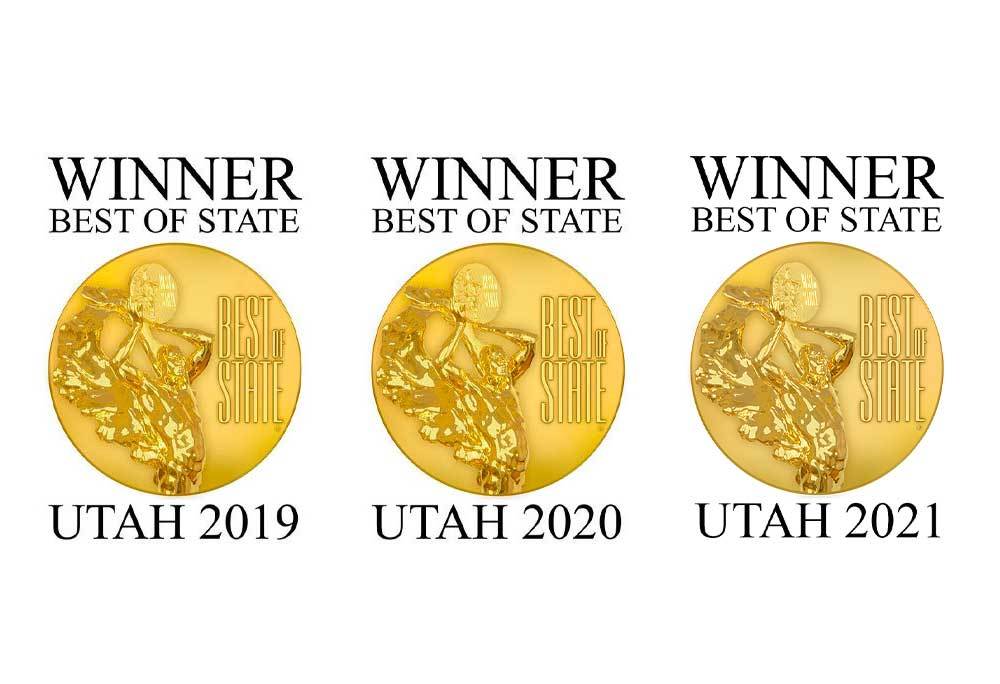Use Preferences to change the theme
Theme:
Thank you!

Follow us:
Tonight’s Program
Part I – The Nativity
Overture
.......
Comfort ye my people
Ev’ry valley shall be exalted
Isaac Hurtado – tenor
.......
And the glory of the Lord
.......
Thus saith the Lord
But who may abide?
Christopher Holmes – bass
.......
Behold, a virgin shall conceive
O thou that tellest good tidings to Zion
Aubrey Adams-McMillan – alto
.......
For unto us a child is born
.......
Pastoral Symphony
.......
There were shepherds abiding in the field
And lo, the angel of the Lord
And the angel said unto them
And suddenly there was with the angel
Michelle Sundwall – soprano
.......
Glory to God
.......
Then shall the eyes of the blind
He shall feed His flock/Come unto Him
Aubrey Adams-McMillan – alto
Michelle Sundwall – soprano
Part II – The Passion and Resurrection
He was despised
Aubrey Adams-McMillan – alto
.......
Surely He hath borne our griefs
.......
Lift up your heads
.......
He that dwelleth in heaven
Thou shalt break them
Isaac Hurtado – tenor
.......
Hallelujah
Part III – Everlasting Glory
I know that my redeemer liveth
Michelle Sundwall – soprano
.......
Since by man came death
.......
Behold, I tell you a mystery
The trumpet shall sound
Christopher Holmes – bass
.......
Then shall be brought to pass
O death, where is thy sting?
Aubrey Adams-McMillan – alto
Isaac Hurtado – tenor
.......
But thanks be to God
.......
Worthy is the Lamb that was slain
Amen
From the Board
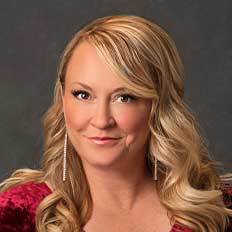
Alyce Gardner
Board Chair
Dear Friends,
We are standing on the precipice of a new age. As we have painfully learned over the past months with Covid-19, our way of life has been threatened. We have experienced grief, loss, sadness and isolation. The performing arts have been stripped from our culture excluding us from the enrichment humanity desires and needs.
Moving forward, redefining an unknown future is as difficult as living through the changing realities of today. As we stand in this moment of reassessment it’s imperative we assimilate the lessons learned. How do we confidently move forward in this global state of affairs? I suggest we unite in a spirit of gratitude. Because of Covid, I have rediscovered a profound depth of appreciation for music and what it means to my way of life. To me, it’s not an accessory but an integral part of my life which makes me whole. Music and the arts are not recyclable assets I pull off the shelf when I need an emotional impact. They are part of me and define so much of who I am.
I hope we don’t lose sight of the lessons learned, but embrace a new way of living with a deeper sense of gratitude for the beauty in the world around us. Each day is a gift. Cherish this time. Enjoy living in each joyful moment and let the music inspire you like never before.
Meet the Maestro
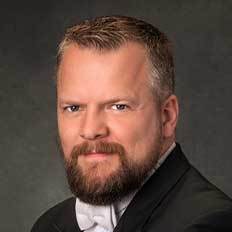
Lucas Darger
Now in his sixth year with the Southwest Symphony, Maestro Darger is honored to continue to work with this amazing group of musicians and be part of this community. Under his leadership the symphony has continued to take on even more difficult repertoire each year and has risen to the challenge. The orchestra performs very diverse repertoire, from the masterworks of Beethoven to the hits of Billy Joel, and in April 2021 the orchestra recorded a special for national TV with Marie Osmond.
Darger is a passionate conductor and musician and strives to achieve expressive performances that captivate and energize audiences. He began his journey with conducting when he was sixteen years old after being asked to assist with the All City Children’s Orchestra. He continued to study conducting while pursuing a degree in Violin Performance, studying with Dr. Robert Baldwin and conducting the Lincoln Youth Symphony. He went on to earn a master’s degree in orchestral conducting from the University of Iowa. There he studied with William LaRue Jones and conducted both the Philharmonic Orchestra and the UI String Orchestra while performing with Orchestra Iowa and the Dubuque Symphony Orchestra. He completed further studies with Michael Jinbo at the Pierre Monteux School for Conductors before moving to Texas, where he joined the Valley Symphony Orchestra and conducted the South Texas Youth Symphony.
Meet Lieto Voices!
Norman Lister
Choir Director
Norman Lister is honored to prepare the choir for this year’s production of Handel’s Messiah. Norm is a veteran choral conductor who retired after serving 35 years in the public school system. During his 26 years at Pine View High School, his choirs received numerous honors and awards for performances at region, state, and national venues.
He is the founder and former director of Lieto Voices! and has worked as an adjunct professor at Dixie State University. He maintains a private vocal studio and enjoys directing musical theater productions throughout the community. Messiah has been a constant for Norm during his long, rewarding musical career.
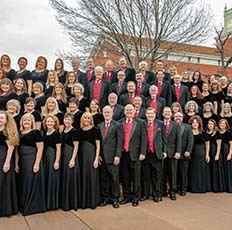
Lieto Voices! was created in 2003 and has added a unique perspective to the local choral music scene in St. George and the surrounding area. Award-winning educator Norman Lister, founder and first conductor of Lieto Voices!, gifted the choir with his expertise and knowledge.
After retiring from education, Norman passed the baton to both Robert Reimer, director of choirs at Pine View High School, and music educator Kris Barber as assistant director. This 2021-22 season, Lieto Voices! joins the Southwest Symphony in presenting Handel’s Messiah and Rob Gardner’s Lamb of God. Lieto Voices! welcomes all community members who wish to audition and help spread their love of music throughout Southern Utah.
Biographies
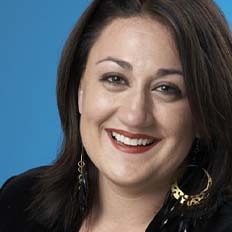
Aubrey Adams-McMillan
Alto
Aubrey Adams-McMillan joined the voice faculty of Westminster College, SLC, in August of 2011. Hailed for her incredibly balanced voice, even tone and sensitive musicianship, Aubrey enjoys an active career singing Opera, music theater, chamber music, art song and symphonic works. Her love for music began young and she continues to explore repertoire that challenges her.
She discovered her love for twentieth century music and collaborating with composers during her work with Claudio Abaddo and the New York philharmonic singing Schoenberg and Debussy. In her home of Salt Lake City, she performs with the prestigious Utah Symphony, Intermezzo, Utah Opera, Eutopia, Cathedral of the Madeleine concert series and Utah lyric Opera. Among the list of works Aubrey has performed: Sea Pictures, Barber of Seville, Mahler’s fourth symphony, Britten’s Noye’s Fludde, Man of La Mancha, St. Paulus, Rutter spirituals, Lucia Di Lammermoor, Handel Dixit Dominus, and Messiah. Mozart C Minor Mass, Requiem, La Clemenza di Titto, Marriage of Figaro, and Cosi fan Tutte. Aubrey has been a recipient of the Marion Anderson Scholarship at Westminster choir College, the Penrose Scholar at Central City Opera, and a two-time district finalist in the Metropolitan Opera competition and received the encouragement award. Aubrey also enjoys working with composers and singing new works. She was involved in the workshop of Ricky Ian Gordan’s Grapes of Wrath and has performed in Little Women by Mark Adamo at Central City and Utah opera. She debuted the Requiems of both Alfonso Tenriero, and Jeff Manookian. In addition to Aubrey’s busy performance career, Aubrey teaches and serves as Vice President of the National Association of Teachers of Singing on the Northern Utah Chapter. As professor of Voice at Westminster College, Aubrey has overseen the recitals of over twenty students and serves as the voice clinician to the community choir.
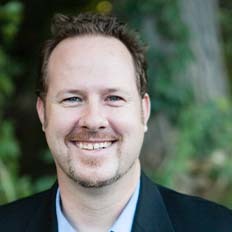
Christopher Holmes
Bass
Christopher Holmes returned to his home Provo after obtaining degrees in opera at the Oberlin College Conservatory of Music, Temple University, teaching voice at Texas State University, and performing throughout the United States. With over 35 operatic roles to his credit, Christopher has been featured by companies such as Austin Lyric Opera, Central City Opera, Eugene Opera, Opera Idaho, Phoenix Opera, Juneau Lyric Opera, and San Antonio Opera.
Mr. Holmes has remained engaged in his Utah community by serving as the Utah Lyric Opera General Director from 2009-2015. His local performance engagements have included appearances with Ballet West, Salt Lake Choral Artists, The Tabernacle Choir, Temple Square Chorale and Orchestra at Temple Square, and many more with such works as Bach’s St. John Passion, Beethoven’s 9th Symphony, Brahms' A German Requiem, Gershwin’s Porgy and Bess, Handel’s Messiah, Orff’s Carmina Burana, the Faure Requiem, Mozart's Mass in C Minor and Requiem, Schubert’s Mass in G Major, Vaughan Williams’ Dona nobis pacem, and Verdi's Messa di Requiem.
Christopher made his Italian debut in the role of Don Giovanni as a guest artist of Opera Orvieto. He developed a love for the Italian language and people while residing in central Italy for two years. He is an adjunct instructor of voice at Utah Valley University and Brigham Young University, and a parent of three children with his wife Erin Kramer Holmes, Professor in the School of Family Life at Brigham Young University. Major influences on his teaching philosophy come from renowned author and pedagogue Richard Miller with whom he studied at Oberlin, and opera coach/conductor Nicolas Giusti with whom he works and collaborates on a regular basis.
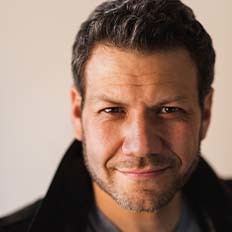
Isaac Hurtado
Tenor
Isaac Hurtado has drawn critical acclaim for performances of over 30 leading tenor roles across the United States. Since making his leading role debut in 2004 with Festival Opera (CA) in the title role of Roméo et Juliette, his portrayals of Pinkerton in Madama Butterfly, Rodolfo in La Bohème, Don José in Carmen, Alfredo in La Traviata, Edgardo in Lucia di Lammermoor, Il Duca di Mantova in Rigoletto among others, have been noted for “money notes worth every penny” and “wonderful acting.”
He has appeared with companies including Utah Opera, Opera North, Piedmont Opera (NC), Pine Mountain Music Festival (MI),Opera San Jose (CA), Phoenix Opera (AZ), The Cleveland Opera (OH), Utah Festival Opera, Central City Opera (CO), the Bay Area’s Midsummer Mozart Festival (CA), Utah Lyric Opera, and Sun Valley Opera (ID). Most recently Mr. Hurtado appeared as Don José in Utah Opera’s La Tragedie de Carmen, and was seen in Pesaro and Iesi, Italy performing recitals honoring the 150th anniversary of Gioachino Rossini’s passing. He will reprise the role of Rodolfo in La Bohème this January at the Noorda Center for the Performing Arts.
In concert, Mr. Hurtado has performed Beethoven’s Ninth Symphony with the West Michigan Symphony Orchestra, Liszt’s A Faust Symphony with the Traverse Symphony Orchestra, Bach’s Magnificat and G Major Mass with Sacramento Choral Society and Orchestra, Messiah with the for Southwest Symphony Orchestra, and gala concerts with Utah Symphony and Opera, Festival Opera at Walnut Creek, Temple Square Orchestra and Chorale of Salt Lake City, Santa Rosa Symphony and Martinez Opera.
Mr. Hurtado holds the Assistant Professor of Voice/Director of Opera position at Utah Valley University. He also serves on the voice faculty of the Mediterranean Opera Studio, and is the Executive director of the UVAA Summer Opera Festival.
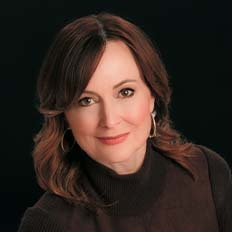
Michelle Sundwall has performed in a variety of genres and venues in the United States and Europe. Her skills range from classical to broadway and jazz to gospel. Michelle has played multiple leading roles on the musical theatre stage. Most recently she has played Mother Abbess in The Sound of Music at Hale Centre Theatre Orem, Miss Andrew/Bird Woman/Katie Nanna in Mary Poppins at Hale Centre Theatre Sandy, Camilla in In The Heights at HCTO, Nettie in Carousel, and Marion in The Music Man.
Michelle’s most recent operatic role is Musetta in La Boheme. Michelle received her master’s degree in Vocal Performance at Brigham Young University. She was awarded finalist at the renowned American Traditions Competition in Savannah, Georgia and has released two albums: My Reason and Winter Wonder. Michelle has sung the role of Mary Magdalene in several productions of Rob Gardner’s Lamb of God and was last seen performing with SWS in that role. Michelle is the mother of five children and currently resides in Alpine, Utah with her husband, Pete.
Orchestra Members
Violin I
Rachel France, Concertmaster
Debbie Hafen, Assistant Concertmaster
Cassidee Torres
Julie Valadez
Ahnalisse Gubler
Amber Morris
Kristen Kjar
Cami Allton
Violin II
Joie Whittaker, Principal
Andrea Luikart, Assistant Principal
Tammy Tremea
Amy Gray
Lauren Jess
Melanie Nielsen
Debbie Thornton
Cyndy Martin
Viola
Linda Ghidossi-DeLuca, Principal
Shay Manley, Assistant Principal
Dinah Nagel
Craig Beagley
April Olsen
Norman Fawson
Bella Isom
Cello
Ka-Wai Yu, Principal
Peter Romney, Assistant Principal
Debra Vradenburg
Ann Evans
Sandy Gustaveson
Mia Taylor
Kent McDonald
Peggy Lambert
Bass
Denise Jones, Principal
Ed Candland
Braxton Leavitt
Piano
Ann Graf
Oboe
Kendyl Johnson
Tami Stillitoe
Bassoon
Carolyn Johnston
Trumpet
Jared Nicholson
LuWayne Barber
Timpani
Ro Webb
Conductor
Lucas Darger
Music Librarian
Julia Monson
Lieto Voices! Choir Members
SOPRANO 1
Jane Anderson
Cynthia Browning
Milena Capriles
Renee Garner
Amber Jones
Suzanne Lewis
Stephanie Lister
Tina Reese
Sandee Stevenson
SOPRANO 2
Kris Barber
Aimee Barton
Elizabeth Brown
Patsy Dunn
Mindee Erickson
Jade Flake
Lisa Hallows
Ashley Hunt
Amanda Jensen
Marsha Lawhorn
Shauna Morgan
Debra Pace
Terryll Parrish
Julene Reimer
Ann Spilker
Emily Taylor
Robyn Whipple
Lois Wilmson
ALTO 1
Lorna Baker
Teresa Bosen
Cyndi Cheney
Susan Green
Leslie Jack
Kristal Joy
CJ Martin
Connie Myers
Kristina Reeder
Melissa Ridenour
Allyson Schmitt
Annie Schwiermann
Debbie Spitzer
Andrea Sumner
Kari Young
ALTO 2
Susie Barbaran
Sherilyn Bennion
Andrea Clark
Lisa Dunkley
Jean Jones
Brenda Kenworthy
Tracie Madsen
Linda Pierce
Gina Prisbrey
Rhonda Rhodes
Laura Shrout
Kinny Stubbs
Brenna Stucki
Krista White
Maddy Young
TENOR
Max Bates
Brian Bennion
Brian Blackham
Kent Brown
Andy Bryner
Carl Cutler
DeEtte Delaney
Josh Jensen
Bart Pace
Eugene Rasband
Wesley Schmitt
BASS
Roy Barker
John Bell
Jim Brey
Chris Busk
Terry Dickens
Mark Evertsen
Jared Farrish
Brad Flagmeier
Layne Garner
Gary Giorgis
Uriah Hernalsteen
Nate Holden
Ken Kenworthy
Carl Larmar
Adam Lister
Norman Lister
Kevin Merrill
Nathan Moore
John Scott
Doug Stanley
Russ Talbot
Program Notes
MESSIAH, A SACRED ORATORIO
By JJ Abernathy
THE MUSIC
Handel’s immortal masterpiece, Messiah (1741), lifts and elevates the human soul like a cherished treasure. Some consider it one of the greatest musical pieces of all time and the greatest work written in England. Truly, Messiah is among the most often performed works in the history of classical music. Some have said the reason for its popularity stems from being relatively easy to play, but also because the libretto comes from familiar biblical text, the story of Christ being universally understood. The message is communicated by telling the story of Jesus’ mission primarily through Old Testament passages and to justify the doctrine that Jesus Christ was truly the Messiah promised by the Hebrew prophets.
Handel commenced writing on August 22, completed his draft on September 12, and finalized its creation before he left London for Dublin in December. He was 56 years old when he composed this work, a work appearing at the midpoint of his thirty or so oratorios. Handel wrote Messiah at a time when interest in Italian opera seemed to be waning and his own financial future appeared on the decline.
Handel arranged for Messiah to serve as the climax of the Dublin entertainment season for the benefit of three charities. The first performance created a sensation, with hundreds of enthusiastic listeners being turned away. Less than a year later Handel presented Messiah to London audiences, but debates ensued when it was discovered he planned to stage his sacred work at a popular theatre. It was at one of these performances that King George II, Handel’s patron, stood in respect to the Almighty at the beginning of the “Hallelujah” chorus, a tradition that carries with us today.
Sir Thomas Beecham, one of the finest English conductors, wrote in his memoirs about Handel’s music: “Since [Handel’s] time mankind has heard no music written for voices [that] can even feebly rival his for grandeur of build and tone, nobility and tenderness of melody, scholastic skill and ingenuity and the inexhaustible variety of effect... Handel is the undeniably great international master of all time.
PART I – THE NATIVITY
The first section paves the way for the coming of Christ with the chronicling of the events of the nativity.
PART II – THE PASSION AND RESURRECTION
The second part portrays the Passion, death, and resurrection of Jesus, ending with the “Hallelujah” chorus. Purportedly, one of Handel’s servants heard Handel exclaim after composing this section: “I did think I did see all Heaven before me, and the great God himself!”
PART III – EVERLASTING GLORY
The third section presents spiritual messages from Christ’s teachings, opening with “I Know That My Redeemer Liveth” and concluding with the final “Amen.”
THE WORLD
The year Handel composes Messiah (1741) Czar Ivan VI is deposed and imprisoned. Elizabeth, daughter of Peter the Great, becomes czarina. Shakespeare’s Julius Caesar is first translated into German and Jonathan Edwards delivers his sermon, “Sinners in the Hands of an Angry God,” in Enfield, Massachusetts. Charles Willson Peale, portraitist of Washington, is born. Victor Behring, after discovering Alaska and Aleutian Islands, dies of hunger and cold. Benjamin Franklin creates “The General Magazine” in Philadelphia, and the Highway Act is passed in England to improve roads.
THE COMPOSER
George Frederic Handel
Born in Halle, Germany, 23 February 1685
Died in London, England, 14 April 1759

